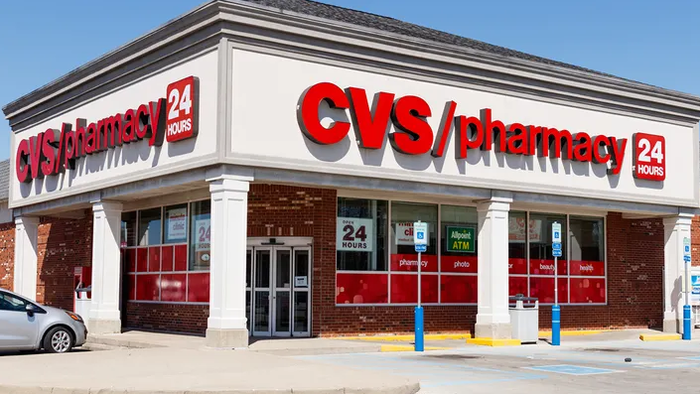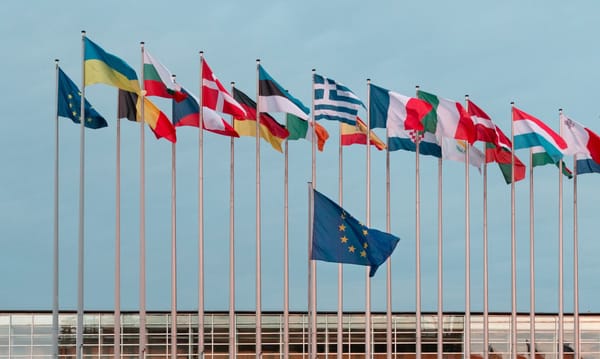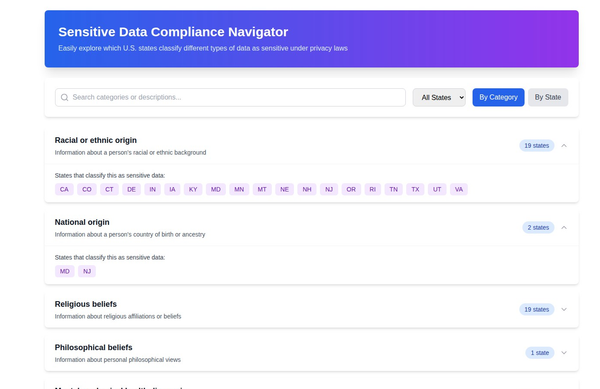The Ethical and Legal Implications of Pharmacies Sharing Patient Records with Law Enforcement

Introduction
A recent congressional investigation has unveiled a concerning practice among major U.S. pharmacy chains, including CVS, Kroger, and Rite Aid, where patients' medical records are handed over to law enforcement without warrants, raising critical privacy and HIPAA concerns.

Investigation Findings
The investigation, spearheaded by prominent congressional members, discovered that these pharmacies do not demand a warrant before sharing records with law enforcement, unless state laws dictate otherwise. This revelation has sparked a debate about patient privacy and the ethical use of medical data.
Privacy Concerns
Medical records contain sensitive information, including prescription details for personal medical conditions. The sharing of such information without a warrant or patient consent is alarming. While some pharmacies, like CVS and Kroger, stated their staff could consult legal departments in response to law enforcement requests, the lack of a legal review process in many cases is troubling.

Variations in Pharmacy Policies
While all eight pharmacies investigated indicated their willingness to turn over records upon subpoena, their internal policies varied. For example, Amazon Pharmacy reportedly notifies customers about law enforcement requests for records, provided no legal prohibition exists. Contrastingly, only a few have committed to publishing annual transparency reports on law enforcement demands.

HIPAA and Patient Rights
Under HIPAA’s “Accounting of Disclosure” provision, patients can learn who has accessed their medical records. However, it appears that few patients are aware of or utilize this right. For instance, CVS reported receiving minimal requests for such information from consumers.

The Call for Action
The findings have led to calls for stricter federal and state regulations to protect patient privacy. Advocates emphasize the need for transparency and legal safeguards to ensure that medical records remain confidential and are shared only under lawful and ethical circumstances. The case highlights the tension between law enforcement needs and patient privacy rights, necessitating a balanced approach to protect sensitive medical information.
Conclusion
This issue underscores the critical need for robust privacy laws and ethical standards in healthcare data handling. As technology advances and data becomes increasingly digitized, the protection of patient privacy must remain a paramount concern for healthcare providers and legislators alike. The call for action is not just a legal imperative but also a moral one, ensuring that the trust between patients and healthcare providers is upheld in the digital age.








